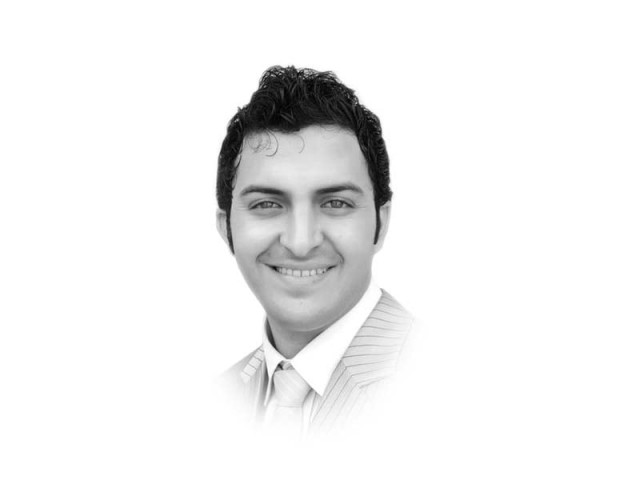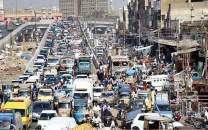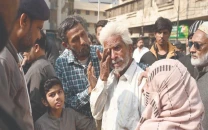Reforming our education system
The commercialisation of education, rampant in the world today, has also left its mark on third world countries

Reforming our education system
The commercialisation of education, rampant in the world today, has also left its mark on third world countries and Pakistan is no exception. There exists a basic contradiction in the socio-political paradigm, on the one hand, and in education, on the other. Education is supposed to help shape political norms in a given social set-up. If the socio-political norms are based on ideologies, they become essentialist in nature, leaving little room for education to play its role in society.
Despite the failure of ideologies — both philosophical concepts as well as socio-political systems — Pakistan is still struggling under the very same paradigm in regards to its social policies. Unfortunately unlike, say, communism, which is based on a well worked-out philosophy of history and social theory, amenable to intellectual refutation or amendments, any ideology that is based on a very strict interpretation of religion is rigid in nature. This paradigm is well-suited for those of a closed-minded inclination as they possess an in-built antagonism towards education. The situation worsens because Muslims as whole have been suffering from the delusion that they are the possessors of knowledge and their exposure to new ideas would threaten their identity and would weaken their belief system.
If we look back at our history, which has been very proudly presented as one of the greatest, we would be perplexed to note that many Muslim intellectuals have constantly refused to study ideas which emerged in the wake of modernism. This issue has only now caught the attention of policymakers involved in the modernisation of madrassa education, something which has been delayed for far too long.
Any cosmetic changes in madrassa curriculum or even that of the regular school system would neither bring a person closer to religion, nor modernity. What is urgently needed is that emphasis be placed on the study of social sciences. Think tanks of social scientists, anthropologists, philosophers and historians should start a re-examination of paradigms and suggest alternatives, without sacrificing our basic value system.
Published in The Express Tribune, December 18th, 2015.



















COMMENTS
Comments are moderated and generally will be posted if they are on-topic and not abusive.
For more information, please see our Comments FAQ